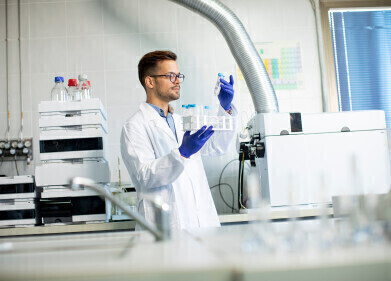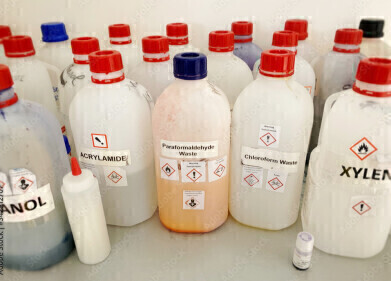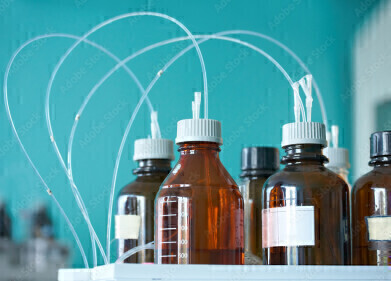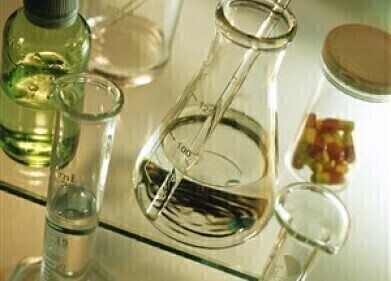Supercritical fluid (SFC), green chromatography
How Safe Are Green Tea Supplements?
Nov 14 2018
Food supplements are big business. Usage of vitamins and supplements are increasing year-on-year - with an estimated 65% of all adults in the UK taking a daily or occasional vitamin or supplement. The market was worth over £410 million in 2015 and is estimated to reach £500 million by 2022.The figures suggest that all aspects of the market are increasing, adults, children, men and women.
Green tea has been described as one the healthiest drinks on the planet. Loaded with antioxidants and nutrients, it is suggested that these can affect the body by aiding fat loss, lowering the risk of cancer and helping brain function. But can you get the benefits of green tea in a pill? Recent studies have looked at green tea supplements from a safety point of view – and green tea catechins in particular. But what are catechins and are green tea supplements safe?
Catch the catechins
Green tea contains many bioactive compounds – a compound found in food that can cause a physiological or cellular activity in humans or animals. One of the main bioactive compounds in green tea are polyphenols – natural or synthetic macromolecules characterized by large numbers of phenol groups. Polyphenols are found in many different foods including spices, herbs, berries, seeds and nuts.
Tea is rich in polyphenols which are said to have many bioactive properties including reducing inflammation, fighting cancer and many antioxidant properties. Green tea contains approximately 30 percent polyphenols by weight, with one of the largest contributors a catechin known as epigallocatechin gallate, or EGCG.
Catechin safety concerns
The EFSA – European Food Safety Authority – has recently published safety advice on the consumption of green tea catechins. The reason for the assessment was that concerns had been raised regarding the possible harmful effects of catechins on the liver - a topic covered in a recent BBC news article ‘The food supplement that ruined my liver’.
The EFSA considered the catechin concentrations found in both green tea infusions and food supplements. There are several different chromatography methods that can be used to measure catechin levels including HPLC, UHPLC and supercritical fluid chromatography – a technique discussed in the article, Column Technology for Achiral SFC Separations.
The EFSA concluded that there is no risk drinking green tea infusions – even with a high consumption – and so green tea infusion are considered safe. For food supplements, the EFSA suggests that doses above 800 mg/day may be associated with liver damage. But they were unable to identify a safe dose based on the data that is currently available.
So, drink the tea but mind the tablets.
Events
May 11 2025 Vienna, Austria
May 18 2025 Tempe. AZ, USA
May 21 2025 Birmingham, UK
Jun 01 2025 Baltimore, MD, USA
Jun 15 2025 Bruges, Belgium














